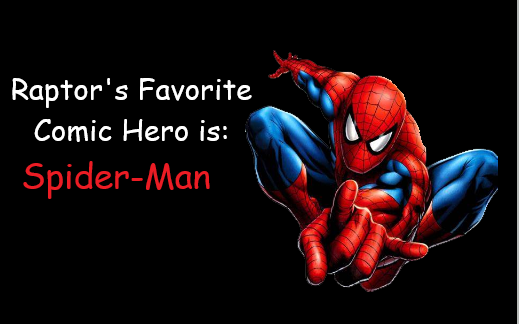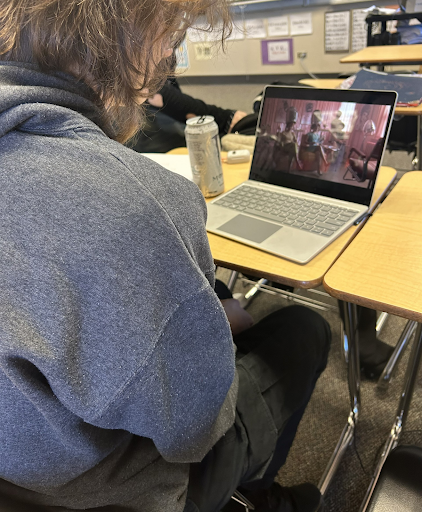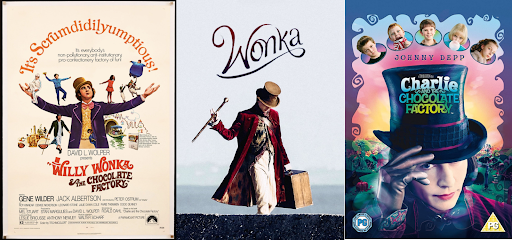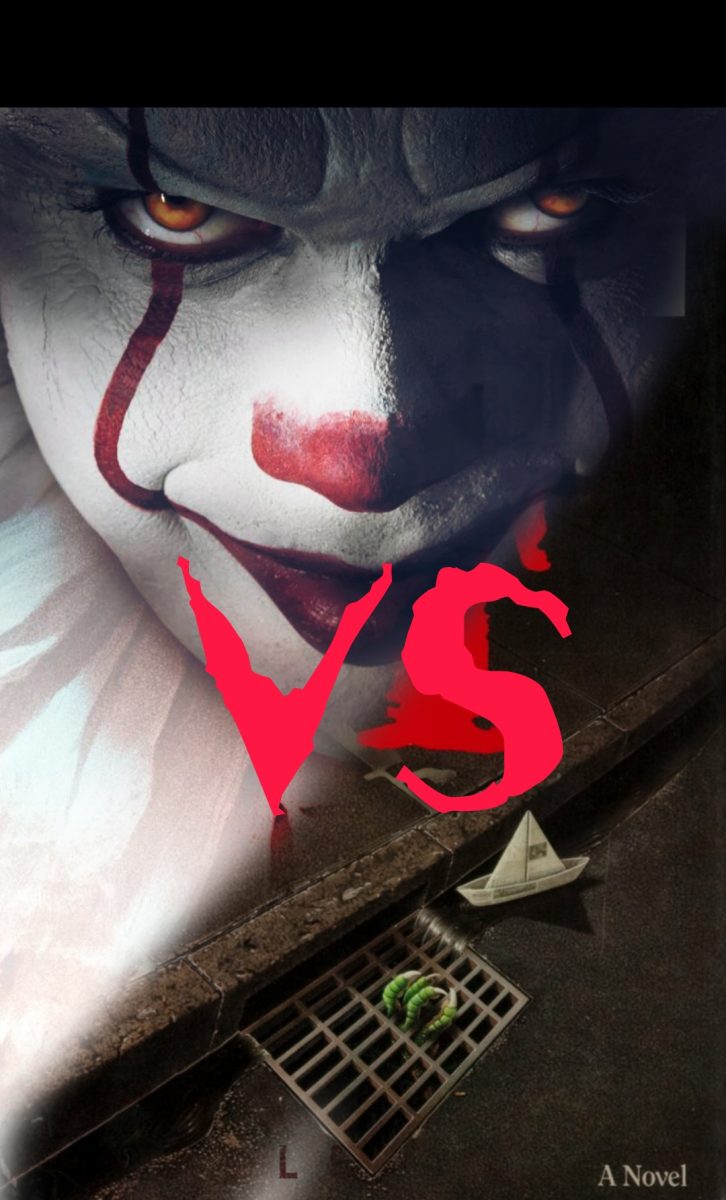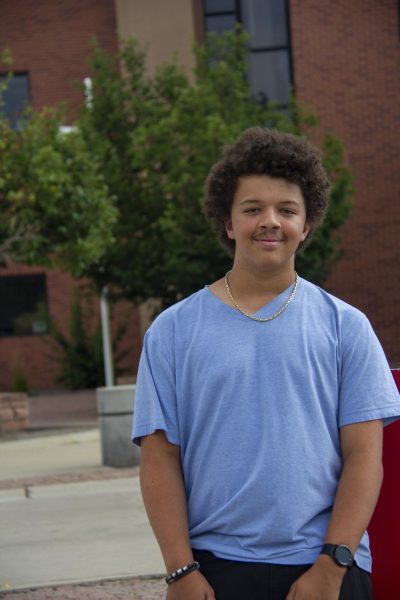
Hip hop is in the midst of a feud at a scale that hasn’t been seen in its history, with seemingly all of the major rappers going at each other, and Drake, Kenrick Lamar, and J. Cole at the center of it all. The three are respectively the most popular rappers in the game right now, and although they’ve previously been friendly with each other, that’s clearly no longer the case. So how did we get here?
It all started last year with a seemingly innocent line by J. Cole. In his feature on Drake’s “First Person Shooter,” Cole referred to himself, Drake, and Kendrick as the “Big Three,” while also claiming to be the best in the trio by likening himself to Muhammad Ali.
Although Cole’s bar was clearly intended to praise the three, Kendrick took offense to it, and took aim against both Drake and Cole in his feature on “Like That” by Future and Metro Boomin. It shouldn’t be too surprising that Kendrick took a more combative approach to the so-called Big Three; he famously dissed nearly a dozen rappers in the 2013 song “Control,” including both Cole and Drake, and has always regarded himself as one of one.
Just two weeks after the release of “Like That,” Cole released his official response with “7 Minute Drill.” The song targeted albums like To Pimp a Butterfly and Mr. Morale and the Big Steppers, while also calling Kendrick out for his extremely infrequent release schedule.
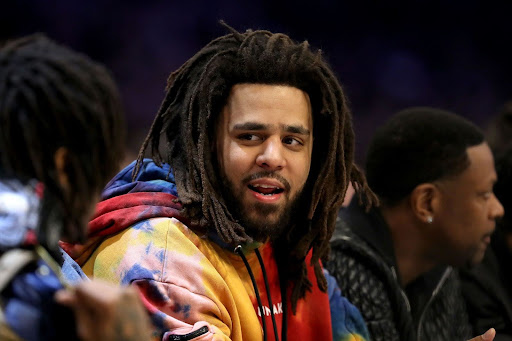
Less than 24 hours after its release, Cole publicly apologized to Kendrick for the diss, and soon afterwards removed the song from streaming services. The episode wasn’t entirely unexpected; Cole is easily the least combative of the three and has always taken a more nuanced approach to his music. Take the song “False Prophets” as an example, where he dissed the infamous Kanye West with a look into the nature of celebrity and idolization. From a certain lens, it’s hard to even consider “False Prophets” as a diss track, with some lines reading as more of a plea for Kanye to seek help. This approach is completely in character for the introspective writing style of J. Cole’s work, while “7 Minute Drill” reads as inauthentic for the rapper.
With Cole all but confirmed to be no longer part of the beef, the focus was entirely on Drake and Kendrick, which was a feud that was a long time coming. The two represent two entirely different approaches to modern rap, with Drake popularizing pop and R&B styles with albums like Views and Scorpion, while Kendrick has put a heavy emphasis on storytelling with albums like good kid, m.A.A.d city and To Pimp a Butterfly. These styles have been successful in different ways, with Drake recently overtaking Michael Jackson as the solo male artist with the most Billboard #1 hits, and Kendrick being a critical darling who became the first rapper to win a Pulitzer Prize with his album DAMN.
Even when Cole was still involved, this beef was always primarily between Drake and Kendrick, with both representing the opposite sides of the same coin. But that hasn’t meant that they were the only ones involved; not long after the release of “Like That,” countless other artists have taken aim at Drake, with names ranging from Rick Ross to The Weeknd joining the ring. Everyone was waiting for Drake’s inevitable response, which came in the form of the track “Push Ups.”
Leaked a week prior to its official release, “Push Ups” was a bombastic response to the aforementioned names and then some, but Kendrick was the primary target. Drake called out Kendrick’s former contract with record label Top Dawg Entertainment in which he ceded 50% of his earnings, the hypocrisy of Drake being seen as more mainstream while Kendrick has historically collaborated with pop artists such as Maroon 5 and Taylor Swift, and humorously contrasted the name of Kendrick’s most recent album (Mr. Morale and the Big Steppers) with his famously short stature.
But Drake didn’t stop there, releasing a second diss track on his Instagram page. “Taylor Made Freestyle” was easily the most bizarre track of the feud, featuring the AI-generated voices of Snoop Dogg and the late Tupac Shakur. The song was quickly taken down after Tupac’s estate threatened legal action. The short-lived song mainly served to taunt Kendrick, who at that point still hadn’t made a response.
A little over a week after “Taylor Made Freestyle,” Drake got his wish. “euphoria” was the response track everyone was waiting for, and Kendrick didn’t disappoint. The six-minute track was aimed solely at Drake, attacking his use of AI in the aforementioned track, his alleged use of ghostwriters throughout his career, and his alleged neglect towards his son Adonis. But above all of that, Kendrick is fueled by pure hatred in the track. “This ain’t been about critics, not about gimmicks, not about who the greatest,” Kendrick rapped on the song. “It’s always been about love and hate, now let me say I’m the biggest hater.”
Now the ball is in Drake’s court, as the feud only seems destined to continue heating up. Drake has made a response on his Instagram story, with a clip from the 1999 romcom 10 Things I Hate About You responding to Kendrick’s claim of being the biggest hater. In the clip, Julie Stiles’ character lists reasons that she hates her love interest, although Drake’s clip notably cuts off just before Stiles’ character says “But mostly I hate the way I don’t hate you, not even close, not even a little bit, not even at all.”
General consensus is that Kendrick is currently beating Drake in the beef, although recency bias certainly plays a role there. If the past is any indication of the future, this feud could possibly go on for years before being resolved. Regardless of what side you’re on, it’s hard to be mad about more great music continuing to come from some of the greatest rappers of all time, and that certainly won’t stop anytime soon.


